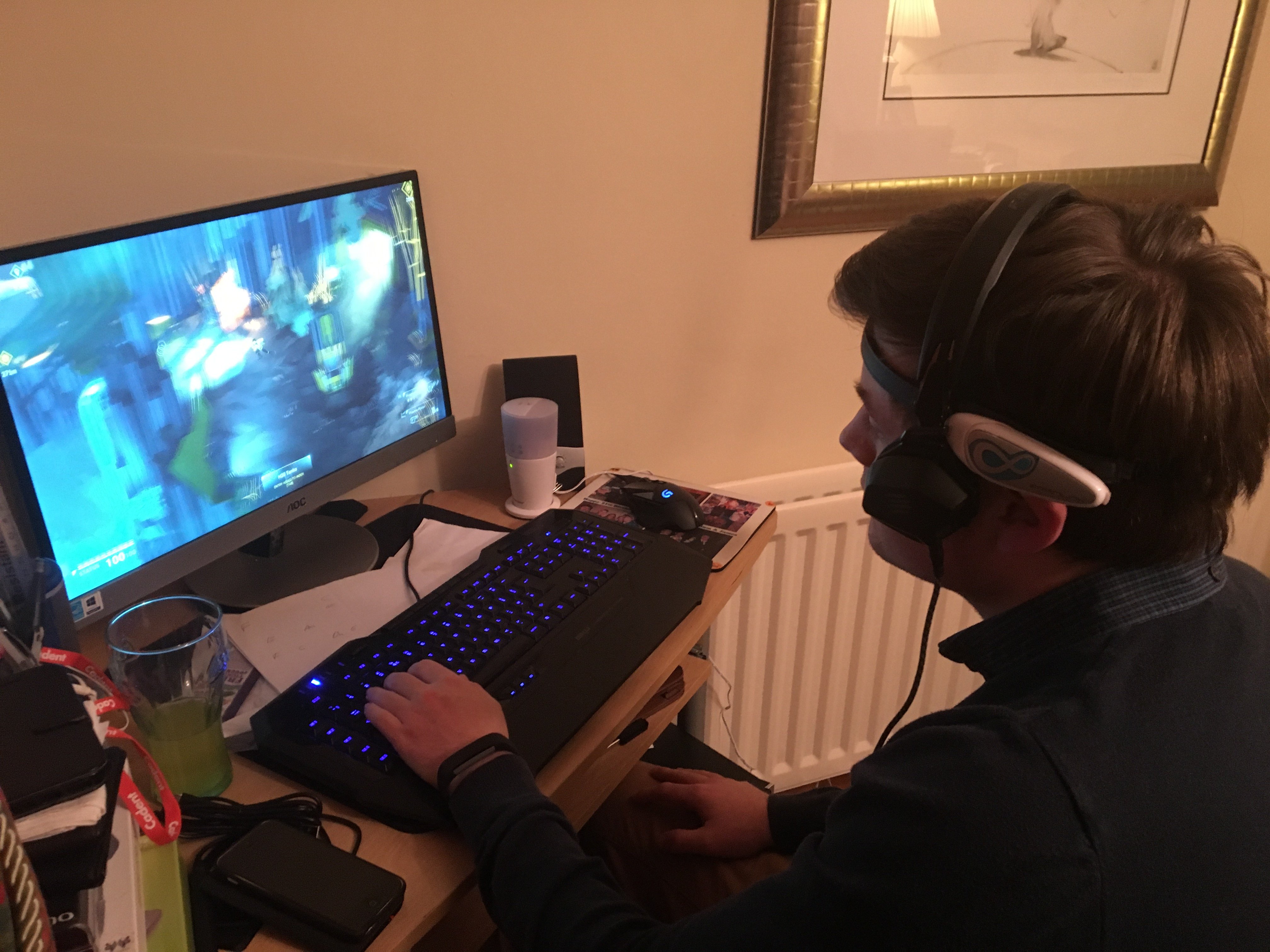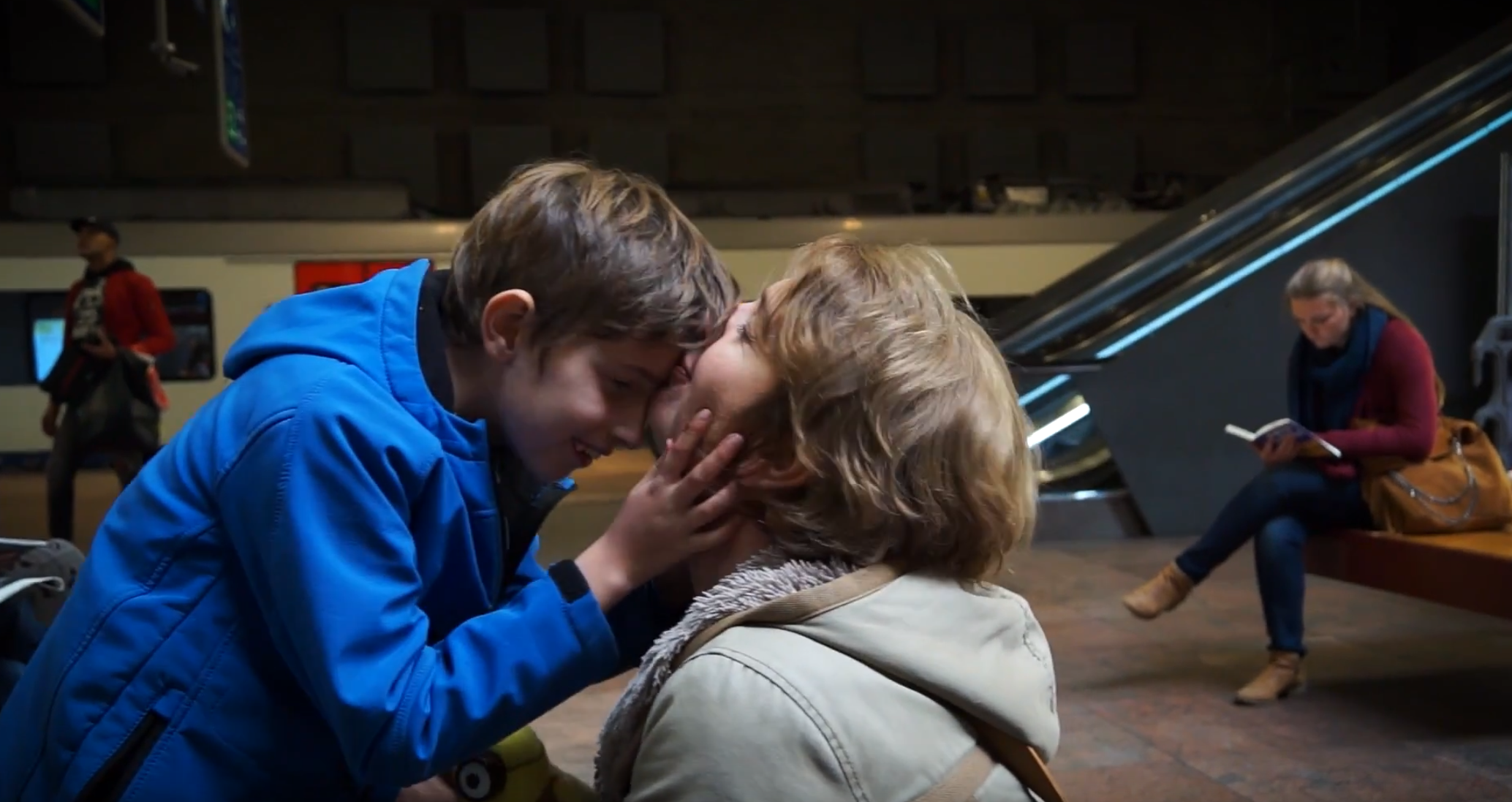Leading a life as a young adult with epilepsy is challenging and confronting. We spoke to two women about the specific challenges in their lives. Sarah (41), who has focal impaired awareness seizures and Sue (65) with juvenile myoclonic epilepsy, share their stories and their three biggest challenges when they were a young adult.
Topics: epilepsy, life questions, impact on family, self-care, self-awareness, living with epilepsy, familiy, pregnancy, employment, idiopathic refactory epilepsy, idiopathic generalized epilepsy
Many people with epilepsy experience social isolation. One of the most common causes is the fear of potential embarrassment if a seizure occurs and this often prevents people with epilepsy from attending social functions or sharing their story with others. Simon Privett from the UK is an example of the contrary. Simon is actively involved in a number of initiatives and uses both face-to-face meetings and social media to engage with others affected by epilepsy. Later this year, he will be awarded with the prize Volunteer of the Year by Epilepsy Action. In this interview, Simon shares his story and work within the epilepsy community.
Topics: epilepsy, impact on family, support, living with epilepsy, familiy, support group, awareness, epihunter, research support, epilepsy action, social media
Ring Chromosome 20 syndrome, also known as r(20), is an ultra-rare condition, the first symptom of which is usually epilepsy. Due to the delayed onset of the signs of the syndrome and the difficulties in identifying it, no true statistics for r(20) exist. This isn’t good enough for Allison Watson, co-founder of Ring20 Research & Support UK CIO. Here, she explains why.
Topics: epilepsy, impact on family, support, living with epilepsy, familiy, support group, awareness, epihunter, rare diseases, r(20), ring chromosone 20 syndrome, research support
Interview with Eva Schoeters, founder be-TSC
Tuberous Sclerosis Complex (TSC), also known as Bourneville's disease, is a complex genetic disease of which epilepsy is often one of the symptoms. Clear communication around TSC and tight monitoring of it is crucial to limiting the impact of the condition. That is why Eva has committed herself to the role of chairman of be-TSC, an association that wants to be there for those who have to deal with TSC. In this blog, she tells more about TSC and shares her story.
Topics: absence, epilepsy, uncertainty, impact on family, support, living with epilepsy, familiy, support group, awareness, spasms, tsc, Tuberous sclerosis, infantile spasms, rare diseases
Interview with Stefanie De Jonghe
Childhood epilepsy has a huge impact on daily family life. It also challenges your feelings as a parent. Stefanie De Jonghe, chairperson of Steunpunt Kinderepilepsie - a Flemish non-profit organisation focused on childhood epilepsy - knows what she’s talking about. Six years ago her daughter, Lenie, was diagnosed with a severe form of epilepsy. Stefanie gives us an honest and touching account of her daily family life and tells us more about the Steunpunt Kinderepilepsie’s mission and activities.
Topics: absence, epilepsy, unsteady agenda, uncertainty, impact on family, support, living with epilepsy, familiy, support group, awareness
Absence epilepsy affects everyday life on every level. Though many of us try to meet it with optimism, there is always that fear and anxiety. You make the most of every day, but never without precautions and a solid portion of routines. Below you can read how some parents approach the uncertainty that comes with absence seizures.
Topics: absence, future, life questions, unsteady agenda, uncertainty, unpredictable, impact on family
As a big brother, Frederik can cope with Ine’s epilepsy. He is very responsible and caring. If the family goes on a trip, he is the one who asks: "Mom, did you not forget Ines pills?" - "As if that’s the concern of a thirteen-year-old" - sighs his mother, Karen.
Topics: absence, seizure, children, future, life questions, unsteady agenda, uncertainty, unpredictable, impact on family







